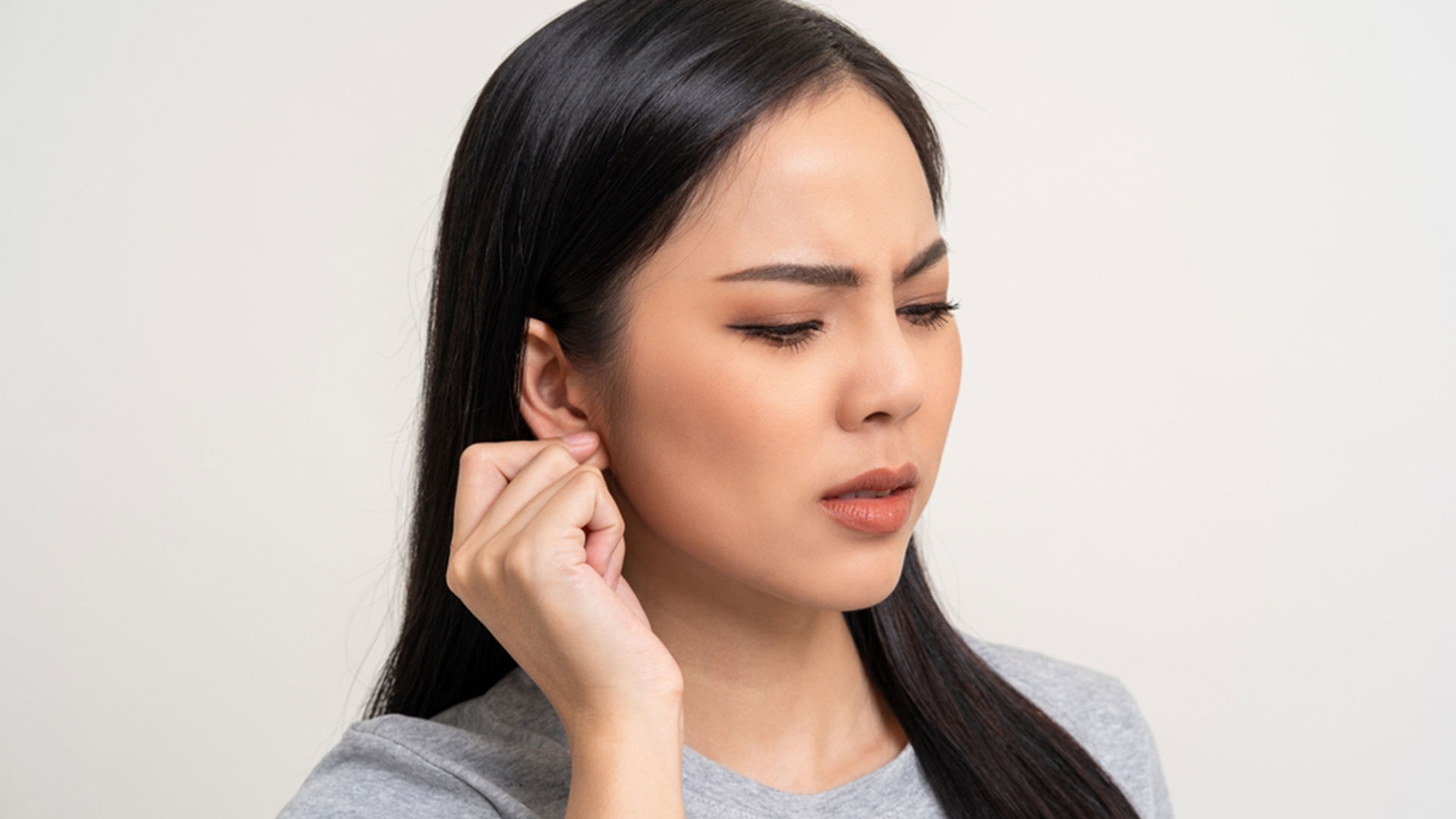The Link Between Military Service and Meniere's Syndrome

Table of Content
- Introduction
- Understanding Meniere's Syndrome
- Military Exposures and Meniere's Risk Factors
- Symptoms of Meniere's Syndrome
- Diagnosis and Treatment
- The Impact of Meniere's on Military Veterans
- FAQs
- Conclusion
Summary
This blog explores a link between meniere's disease and military service. It goes into the disease, its symptoms, and how things connected to the military may worsen it. This article covers all about the meniere's disease, its diagnosis, and treatments. It also addresses the challenges veterans face with the condition.
Introduction
Meniere's syndrome is an inner ear illness. It causes vertigo, tinnitus, hearing loss, and fullness in the ear. Researchers have not found a single cause. They have, however, identified other possible contributors. Recent research may associate military service with a higher rate of meniere's disease. This blog explores the possible links between these two.
Understanding Meniere's Syndrome
The buildup of fluid in the inner ear is the underlying cause of meniere's syndrome. This extra fluid can cause a range of uncomfortable symptoms. It can disrupt the delicate balance of the body. To seek the right treatment, you must know the problem. It will help you spot symptoms.
Military Exposures and Meniere's Risk Factors
There is a possibility that meniere's syndrome might be caused by several conditions. That are associated with the military. Some factors are loud noise, head trauma, viral infections, and certain drugs. They might cause this condition. To find out the precise nature of these linkages, research is now being conducted.
|
Pros |
Cons |
|
Better diagnosis and treatment |
Stigma around mental health and service |
|
Access to VA benefits and support |
Difficulty in proving service connection |
|
Increased awareness and research |
Limited availability of specialized care |
Symptoms of Meniere's Syndrome
The severity and frequency of meniere's symptoms might vary from person to person. The following are examples of common symptoms:
- Vertigo: A spinning sensation
- Tinnitus: A ringing or buzzing sound in the ear
- Hearing loss: Fluctuating or permanent
- Ear fullness: A plugged feeling
Diagnosis and Treatment
Meniere's disease can be hard to diagnose. Its symptoms often mimic other ear diseases. Hearing evaluations, physical examinations, and medical histories are the three primary methods. They are commonly used by medical professionals. The treatment focuses on treating symptoms. It may include drugs, lifestyle changes, and, in rare cases, surgery.
The Impact of Meniere's on Military Veterans
The symptoms of meniere's syndrome may have a much greater influence on the quality of life of a veteran. Also causing difficulty with balance and focus, the disorder may cause sleep problems. Transform into civilian life with a smooth reintegration. Veterans who have meniere's disease may encounter obstacles. They need extra care and resources.
FAQs
Are veterans with meniere's syndrome eligible for disability benefits?
The VA offers disability benefits to veterans who may qualify if they have meniere's syndrome.
Where can veterans find support for Meniere's syndrome?
For veterans dealing with meniere's syndrome, several groups provide assistance and information.
What is the prognosis for Meniere's syndrome?
The prognosis for Meniere's syndrome varies from person to person. With proper management, many people can lead fulfilling lives.
Conclusion
More research is looking at a link between military duty and meniere's disease. Veterans with Meniere's symptoms should seek a medical exam. They should also explore support options, even if more research is needed. Early diagnosis and proper care may lead to better outcomes and a higher quality of life.

